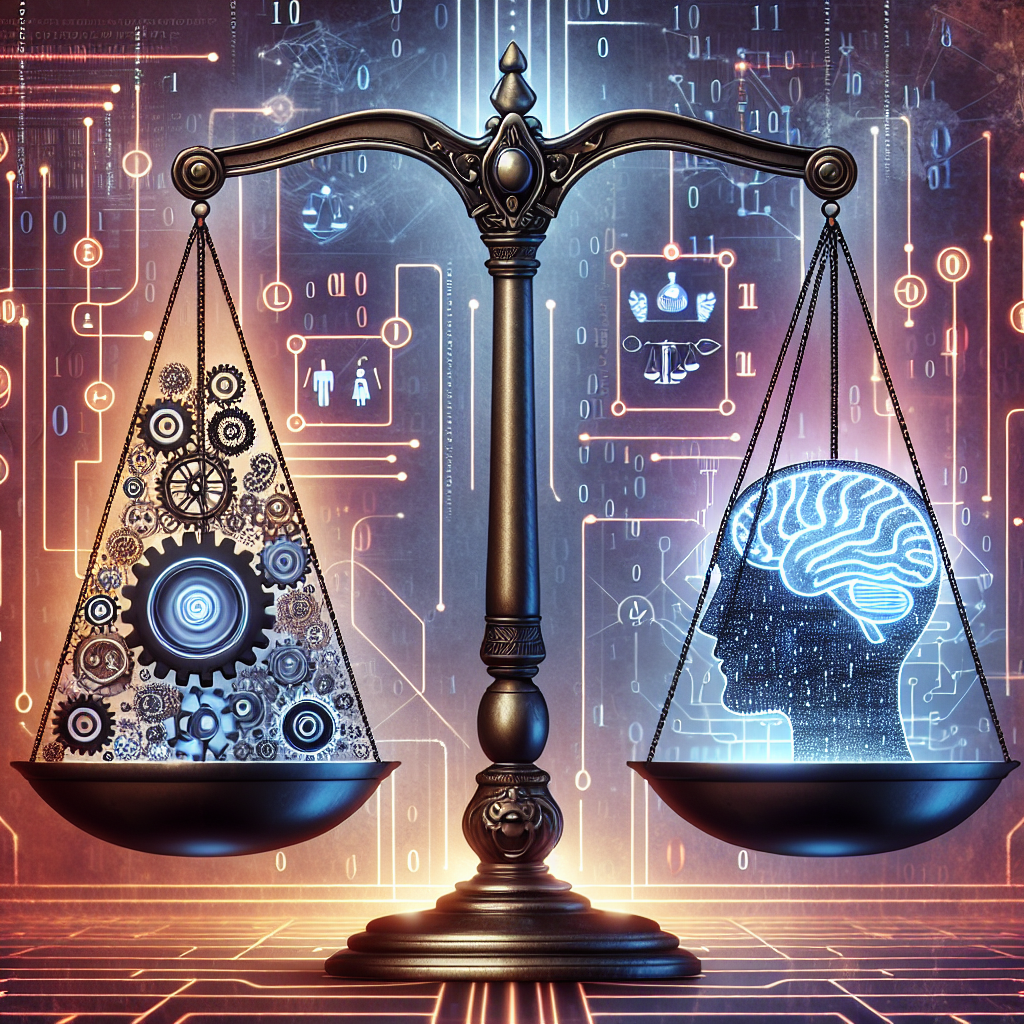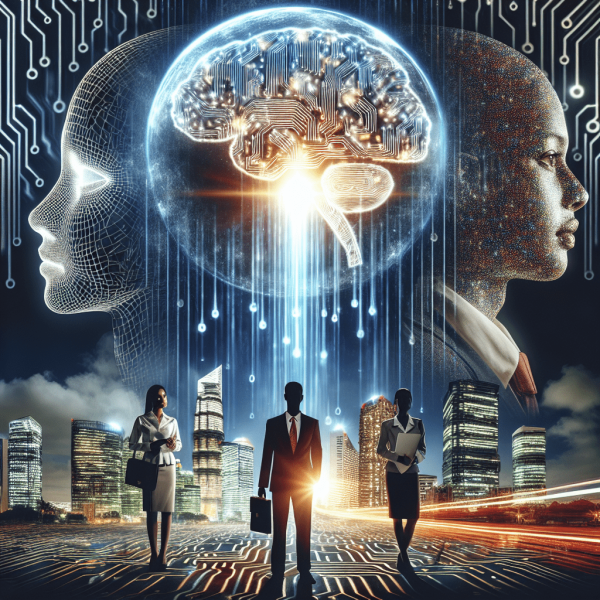
Artificiell intelligens (AI) har blivit en alltmer integrerad del av våra liv, från virtuella assistenter som Siri och Alexa till autonoma fordon och avancerad sjukvårdsteknik. Medan potentialen hos AI är betydande, medför den också en rad etiska och samhälleliga utmaningar. Att navigera riskerna med AI och säkerställa dess ansvarsfulla och etiska utveckling är avgörande för att maximera dess fulla potential samtidigt som man minimerar dess negativa effekter.
Förhindra Bias och Diskriminering
En av de främsta bekymren kring AI är risken för partiska eller diskriminerande beslut. AI-system kan omedvetet förstärka samhälleliga fördomar som finns i de data de tränas på, vilket kan leda till diskriminerande resultat inom områden som anställning, utlåning och rättsväsende. För att hantera denna risk måste utvecklare säkerställa att AI-system tränas på mångsidiga och representativa datamängder och införa skyddsåtgärder för att upptäcka och minska bias i deras beslutsprocesser.
Hantera Arbetsmarknadsförändringar
En annan betydande risk med AI är dess potential att ersätta mänskliga arbetstagare, vilket kan leda till arbetslöshet och ekonomisk störning. Allteftersom AI-tekniken fortsätter att utvecklas är det viktigt att prioritera omskolnings- och kompetensutvecklingsprogram för att säkerställa att arbetstagare har de färdigheter som behövs för att anpassa sig till en föränderlig arbetsmarknad. Dessutom måste beslutsfattare utforska strategier som universell basinkomst för att mildra de negativa effekterna av omfattande arbetslöshet.
Förebyggande av Missbruk
Missbruk av AI för skadliga ändamål, såsom deepfake-teknologier eller autonoma vapen, är också ett bekymmer. Ansvarsfull utveckling av AI innebär att etablera tydliga etiska riktlinjer och regler för att förhindra missbruk av avancerade AI-teknologier. Det är avgörande att regeringar och organisationer samarbetar för att utveckla robusta styrningsramar som säkerställer att AI används för samhällets bästa och inte för skada.
Skydda Integritet och Datasäkerhet
Integritets- och datasäkerhetsrisker är också förknippade med AI. Eftersom AI-system är beroende av stora mängder data för att fungera effektivt finns det en ökad risk för integritetsintrång och obehörig åtkomst till känslig information. Utvecklare måste prioritera dataintegritet och säkerhet genom att implementera robust kryptering och åtkomstkontroller för att skydda mot potentiella intrång.
Transparens och Ansvarsskyldighet
Den ogenomskinliga naturen hos många AI-algoritmer väcker frågor om ansvarsskyldighet och transparens. När AI-system blir mer komplexa och autonoma blir det allt svårare att förstå hur och varför de fattade ett visst beslut. Att utveckla förklarliga AI-modeller som ger insyn i beslutsprocessen är avgörande för att säkerställa ansvarsskyldighet och bygga förtroende för AI-teknologi.
Samarbete för Etiska Riktlinjer och Styrning
För att navigera riskerna med AI och säkerställa dess ansvarsfulla och etiska utveckling är det viktigt att utvecklare, beslutsfattare och intressenter samarbetar för att etablera tydliga etiska riktlinjer och styrningsramar. Att främja mångfald och inkludering i AI-utvecklingsteam kan hjälpa till att minska risken för partiska beslut, och en pågående dialog och engagemang med experter och allmänheten är nödvändigt för att hantera framväxande etiska frågor.
Slutsats
Ansvarsfull och etisk utveckling av AI är avgörande för att maximera dess potential att förbättra livskvaliteten för människor över hela världen samtidigt som man minimerar dess negativa effekter. Genom att proaktivt adressera de risker som är förknippade med AI och prioritera etiska överväganden kan vi bana väg för en framtid där AI-teknologi gynnar samhället som helhet.





